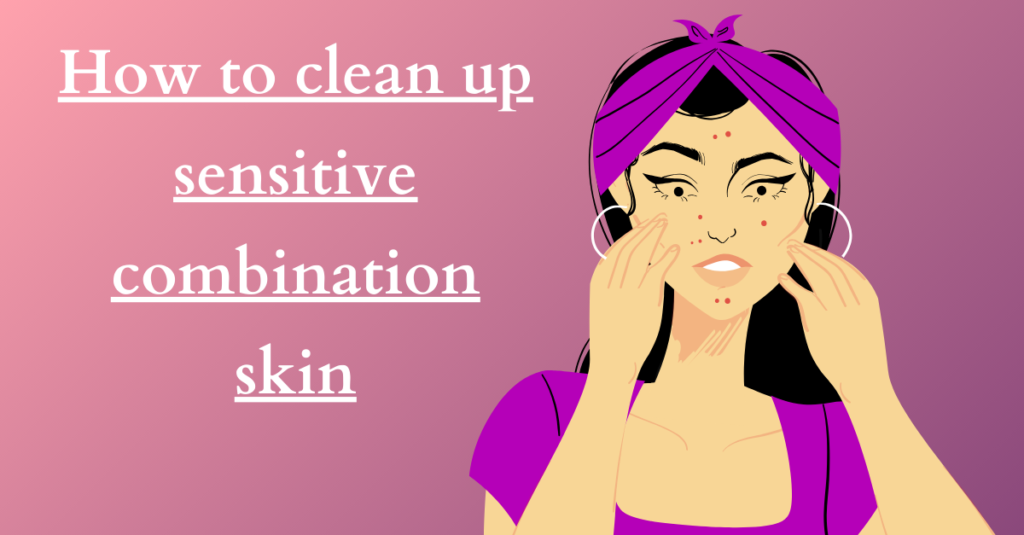How to Find Ethical Fashion Suppliers for B2B Businesses
As more consumers become aware of the negative environmental and social impacts of the fashion industry, there has been a growing demand for ethical and sustainable fashion. This has led to a rise in ethical fashion brands, which are committed to using sustainable materials, reducing waste, and treating workers fairly. However, finding ethical fashion suppliers can be a challenge for B2B businesses. In this article, we will explore some tips and strategies for finding ethical fashion suppliers.
- Research and Due Diligence
Before selecting a supplier, it’s essential to do your research and due diligence. This means investigating the supplier’s social and environmental practices, certifications, and reputation. You can start by checking the supplier’s website and social media pages for information on their sustainability practices. Look for transparency, as suppliers that are truly committed to sustainability will be proud to share their initiatives and progress. You can also check if they have any certifications, such as Fair Trade, GOTS (Global Organic Textile Standard), or Bluesign, which indicate that they have met specific environmental and social standards.
Another way to research a supplier’s practices is to check their reviews and ratings. Look for reviews from other B2B businesses that have worked with the supplier, and pay attention to any comments on their sustainability practices. You can also use third-party rating systems, such as the Better Cotton Initiative or the Higg Index, which evaluate suppliers’ sustainability practices.
- Attend Trade Shows and Events
Attending trade shows and events is an excellent way to meet ethical fashion suppliers and learn about their products and practices. Many trade shows and events focus specifically on sustainable and ethical fashion, and attending these events can give you access to a broad range of suppliers. You can network with suppliers and other B2B businesses, attend seminars and workshops on sustainability, and learn about the latest trends and innovations in ethical fashion.
Some of the top ethical fashion trade shows and events include Ethical Fashion Show Berlin, Copenhagen Fashion Summit, and the Sustainable Fashion Forum. Many of these events also offer virtual options, which can be an excellent option for businesses that cannot attend in person.
- Join Industry Associations and Networks
Joining industry associations and networks can provide you with access to a community of like-minded businesses and suppliers. These associations and networks often offer resources and support for sustainable and ethical fashion, including training, networking opportunities, and certifications. Joining these organizations can help you stay up to date on the latest trends and best practices in ethical fashion, and can also help you connect with potential suppliers.
Some of the top industry associations and networks for ethical fashion include the Sustainable Apparel Coalition, the Ethical Trading Initiative, and the Fair Wear Foundation. You can also join local networks or chambers of commerce, which may offer resources and support for sustainable and ethical businesses in your area.
- Use Online Directories and Marketplaces
There are several online directories and marketplaces that specialize in ethical and sustainable fashion, which can be an excellent resource for B2B businesses. These directories and marketplaces allow you to search for suppliers by location, product type, and sustainability criteria, making it easy to find ethical fashion suppliers that meet your specific needs.
Some of the top online directories and marketplaces for ethical fashion include Ethical Fashion Source, Source My Garment, and Eco Fashion World. These directories and marketplaces offer a wide range of suppliers and products, making it easy to find the right supplier for your business. Read more about How to Find Ethical Fashion Suppliers for B2B Businesses.
- Look for Local and Small-Scale Suppliers
In addition to looking for certified and established ethical fashion suppliers, you can also consider working with local and small-scale suppliers. Local and small-scale suppliers often have more control over their supply chains and can provide greater transparency and accountability. They may also be more willing to work with you on custom orders and small quantities, which can be beneficial for B2B businesses that are just starting out or have smaller order volumes.
Working with local and small-scale suppliers can also have a positive impact on the local economy and community. By supporting local suppliers, you can help to create jobs and support sustainable practices in your community.
- Consider the Entire Supply Chain
When selecting ethical fashion suppliers, it’s essential to consider the entire supply chain, from raw materials to finished products. This means looking beyond the supplier’s practices and certifications and considering the practices of their suppliers and subcontractors.
For example, if you’re sourcing organic cotton, you need to ensure that the cotton was grown and harvested using sustainable practices, and that the workers involved in the process were treated fairly. You also need to consider the environmental impact of the cotton production process, including water and pesticide use.
To ensure that you’re selecting suppliers with sustainable supply chains, you can use tools like the Higg Index or the Sustainable Apparel Coalition’s Material Sustainability Index. These tools evaluate the sustainability practices of materials and provide a rating based on environmental and social impact.
- Negotiate Terms and Contracts
Once you’ve identified ethical fashion suppliers that meet your sustainability criteria, it’s essential to negotiate terms and contracts that align with your values. This includes setting sustainability targets and expectations, such as reducing waste and emissions, using sustainable materials, and treating workers fairly.
You can also negotiate pricing and payment terms that support sustainability. For example, you can offer a premium for sustainable materials or offer early payment incentives to suppliers that meet sustainability targets.
By negotiating sustainable terms and contracts, you can ensure that you’re working with suppliers that share your values and are committed to sustainable and ethical practices.
Conclusion
Finding ethical fashion suppliers for B2B businesses can be a challenge, but it’s essential for businesses that want to meet the growing demand for sustainable and ethical fashion. By doing your research, attending trade shows and events, joining industry associations and networks, using online directories and marketplaces, looking for local and small-scale suppliers, considering the entire supply chain, and negotiating terms and contracts, you can find suppliers that meet your sustainability criteria and support your values. By working with ethical fashion suppliers, you can help to create a more sustainable and fair fashion industry, and meet the needs and expectations of consumers who are increasingly focused on sustainability and ethics.

My name is Rohit Vagh and I’m a content writer specializing in fashion and lifestyle. I have three years of experience in this field and have written various articles. My writing style is creative and engaging, and I strive to create content that resonates with my readers. I have a deep passion for fashion and am constantly researching the latest trends and styles to make sure my readers are up to date. I’m excited to continue my career in blogging, and I’m always looking for new opportunities in the fashion and lifestyle space.





